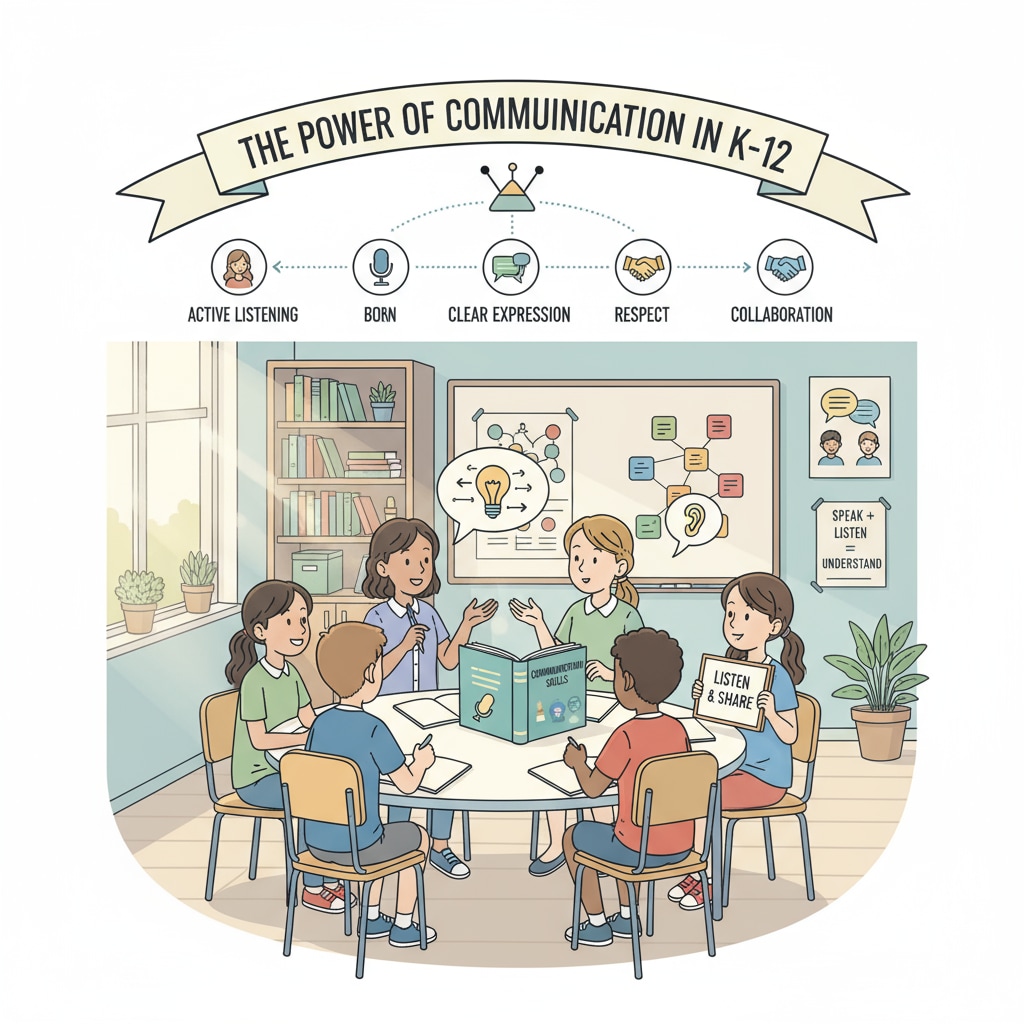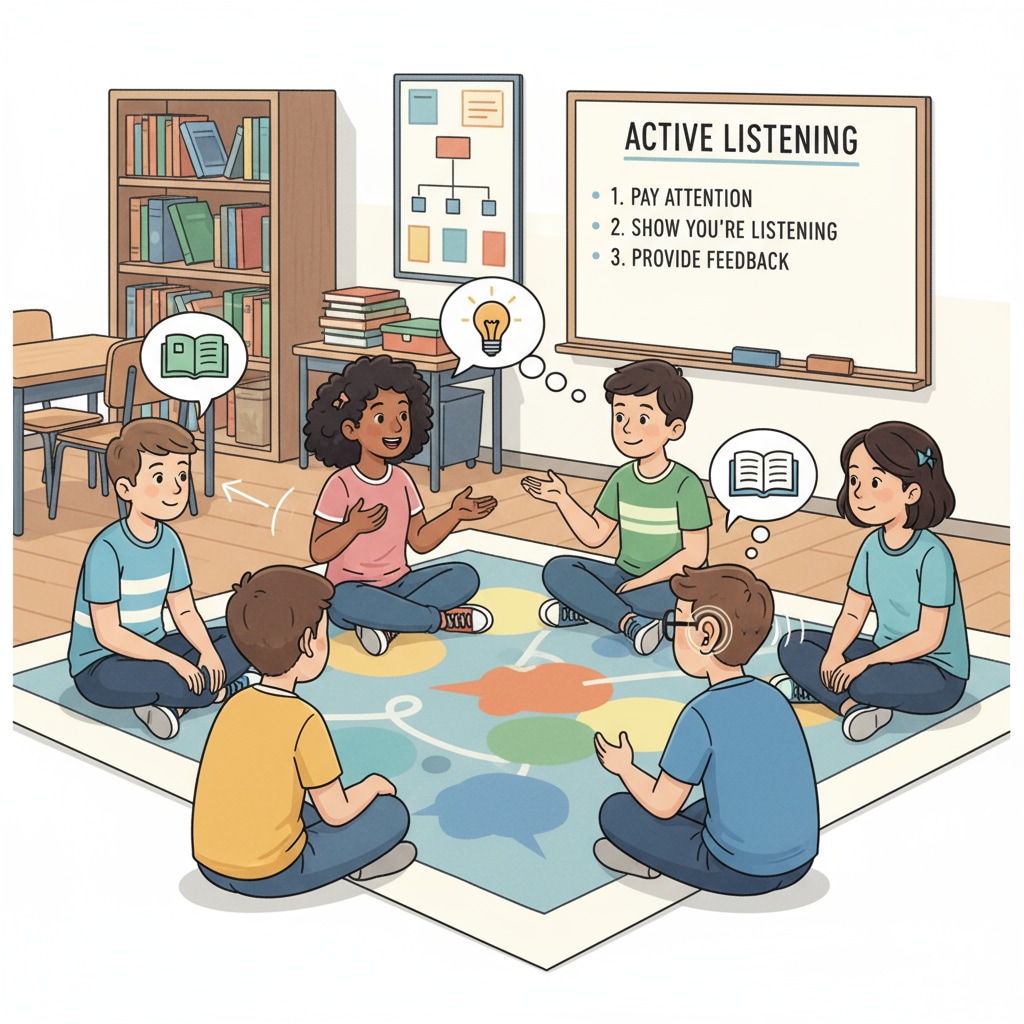Communication skills, dialogue, and active listening are essential aspects of a well-rounded education, especially in the K12 setting. In today’s society, the ability to communicate effectively can significantly impact a student’s academic success, social relationships, and future career prospects. This article will explore the art of communication in K12 education and discuss ways to cultivate students’ deep conversation abilities.
The Evolution of Communication in K12 Education
In the past, communication in K12 education often revolved around one-way information transfer, with teachers delivering lectures and students passively receiving information. However, modern educational approaches recognize the importance of creating a more interactive and collaborative learning environment. This shift requires students to develop not only the ability to express themselves but also to engage in meaningful dialogue and actively listen to others. Effective Communication Skills in Education on Education.com

The Key Components of Effective Communication
Effective communication involves several key components, including empathy, emotional intelligence, clarity of expression, and active listening. Empathy allows students to understand and share the feelings of others, which is crucial for building strong relationships and resolving conflicts. Emotional intelligence helps students manage their own emotions and respond appropriately to the emotions of others. Clarity of expression ensures that students can convey their thoughts and ideas clearly and concisely. Active listening, on the other hand, requires students to focus on what the speaker is saying, ask questions, and provide feedback. Empathy on Psychology Today

To cultivate these skills in students, educators can incorporate various activities and strategies into the curriculum. For example, role-playing exercises can help students practice empathy and emotional intelligence by putting them in real-life situations where they need to understand and respond to the emotions of others. Debate and discussion activities can enhance students’ clarity of expression and active listening skills as they present their arguments and listen to opposing viewpoints.
Readability guidance: As we can see, effective communication is a multifaceted skill that requires continuous practice and development. By focusing on these key components and implementing appropriate teaching strategies, educators can help students become more effective communicators.


